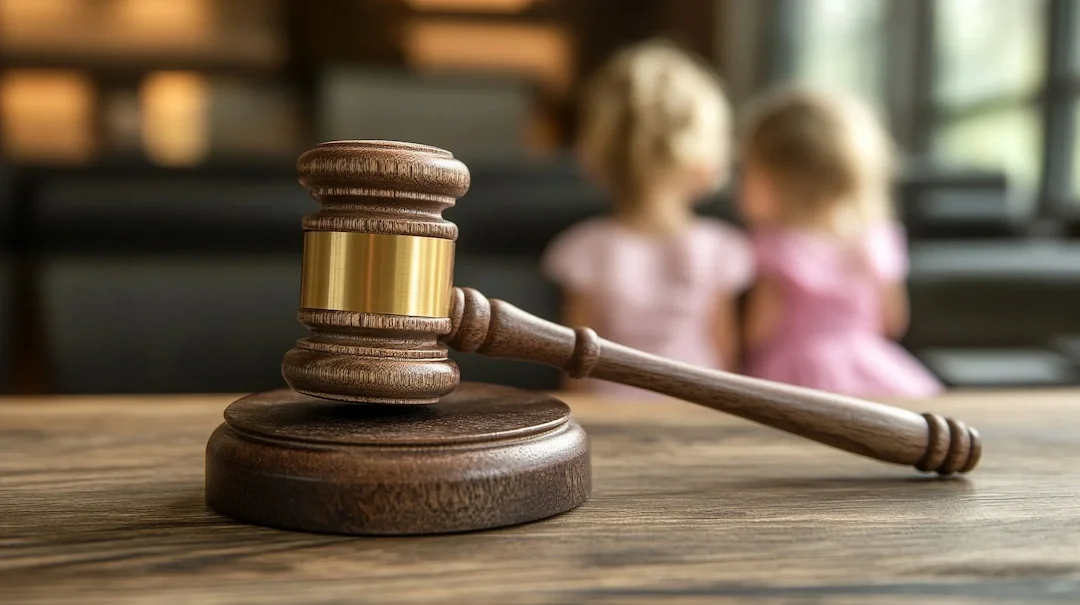What Is An Independent Children’s Lawyer & What Are Their Roles and Responsibilities?
What is an Independent Children’s Lawyer?
An Independent Children's Lawyer (“ICL”) is a Court appointed, specially trained lawyer who represents a child (or children) and advocates for their best interests in a matter. They do not act or take instruction from either parent but rather form an independent view about what is and is not in the bests interest of the child.
An ICL is appointed at the discretion of the Court and pursuant to section 68L of the Family Law Act. Once appointed, there are several obligations imposed on an ICL, including new duties recently required of them pursuant to changes made to the Family Law Act in 2024. By meeting these obligations, an ICL plays an important role in assisting the Court in reaching an outcome that is in the children’s best interests.
When will an ICL be appointed
Not every parenting matter that is in Court will have an ICL appointed.
Whilst the Court has discretion as to when and if an ICL is appointed, the following are the main considerations the Court will take in account:
(a) Allegations of child abuse, whether physical, sexual or psychological.
(b) Intractable conflict between the parents.
(c) Alienation of the child from one or both parents.
(d) Issues of cultural/religious difference between the parties which could affect the child.
(e) Where the sexual preferences of either or both of the parents is likely to negatively impact the child’s welfare.
(f) Anti-social conduct of either or both of the parents - to the extent that it seriously impinges on the child’s welfare.
(g) Significant medical, psychiatric or psychological illness or personality disorder in relation to either party or a child or other persons having significant contact with the child (such as gender reassignment).
(h) Where it does not appear appropriate for the child to live with either parent.
(i) Where a child is mature enough and expressing strong views which would involve changing a long-standing parenting arrangement or a complete denial of access to one parent.
(j) Where a party proposes that the child will be permanently removed from the jurisdiction
(k) Where it is proposed to separate siblings.
(l) Where none of the parties are legally represented.
No one factor listed above will automatically see an ICL appointed, and it is often the case that when an ICL is appointed, the matter involves several factors.
Roles and Responsibilities of an ICL
Once appointed, the ICL plays an important part of the Court proceedings and process, and they are appointed to facilitate the following:
(a) Arranging for evidence, including expert evidence and subpoenas, to be obtained and/or issued and then put before the Court;
(b) Allowing the child to participate in the proceedings in a manner which reflects the age and maturity of that child and the nature of the case;
(c) Ensuring that any views expressed by the child are fully put before the Court;
(d) Acting as an independent advocate between the child and their parents, whilst also facilitating settlement negotiations where appropriate.
In order to discharge their duties properly, an ICL is currently required to do, amongst other things, the following:-
(a) Be independent and impartial, and base their views on evidence (not their personal view or opinion), about what is in the best interests of the children;
(b) Meet with the children and provide them with an opportunity to express any views, unless the child is under 5 years old.
There are some exceptions to this rule, but in the majority cases, the ICL should be meeting with the children, especially since the passage of the Family Law Amendment Act 2023 mandating that a meeting between them and the children is required.
(c) Ensure the court is fully informed of the children's views where possible. This is not the same as acting on instructions that the child might give the ICL.
(d) Promote the timely resolution of the matter that is also consistent with the best interests of the child.
By meeting their roles and responsibilities, an ICL ensures that the Court is fully aware of what has occurred in a child’s life, and what can and ought to happen moving forward. They act as an important evidence gatherer and provider for the Court.
At Dorter Family Lawyers and Mediators, we are frequently involved in matters where an ICL has been appointed and have two ICL ‘panel’ members working at the firm. If you have had an ICL appointed in your parenting matter, and would like guidance as to managing the process, contact our experienced family law team today for a confidential consultation.

